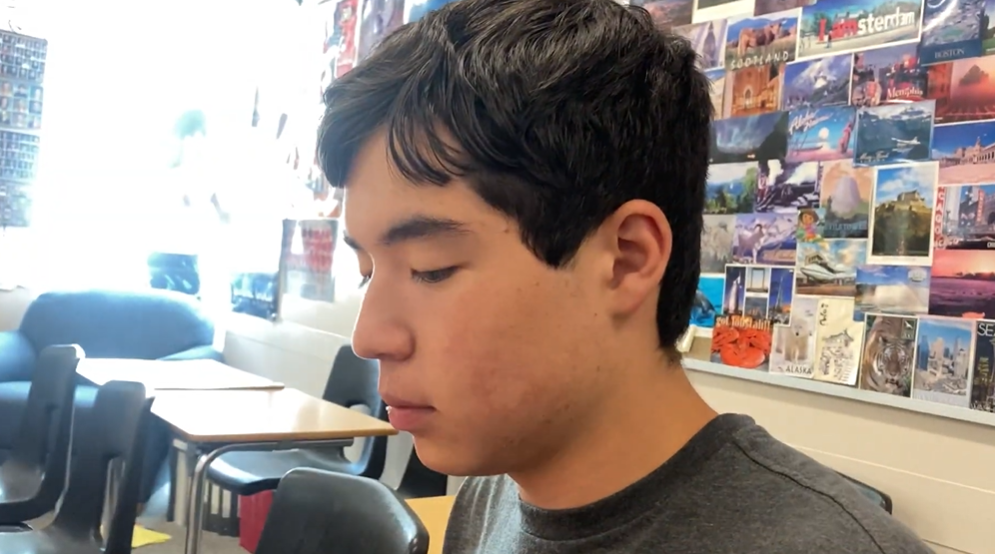Mental Health and Online School
Mental health can be a hard thing to manage while locked down. Photo credit to kozumel under CC BY-ND 2.0
December 14, 2020
According to the American Foundation for Suicide Prevention, 48,344 people lost their lives due to suicide in 2018. An estimated 1.4 million suicide attempts were made. These numbers are very daunting, but they are likely even higher due to the modern-day stress of navigating online school. Teenage suicide is and always has been a touchy subject. A subject that’s not going away anytime soon. So let us dive into some beautiful minds and try to understand why they are so blue.
Mental health is a complex spectrum that is different for everyone. The severity of one’s condition is dependent on several factors, ranging from diagnosis to treatment. However, no matter how big or small someone’s problems might be, they are still valid. One of the most common mental health diagnoses people suffer from is depression, which most people have reported experiencing for an online school.
“Online has had a pretty bad impact,” said Christine Galvez, Grade 10) “as it has been an overwhelming experience especially without the ability to socialize with my teachers or any fellow students more than once a week that’s not through a computer screen.”
Christine is attending Elevation this year and doing full online classes. These classes are formulated to provide structure and the feeling of being in a school setting. Although online is safer and could prevent the spread of covid-19, it does come with its setbacks. For instance, the social aspect is minimal, with students rarely getting to socialize and work with one another. This could hinder someone’s mental condition, creating an environment of isolation and a feeling of loneliness. With 2,905 full-time students enrolled in Elevation this year; the staff is struggling to teach practical lessons. Some students are even struggling to stay on task with the distractions of the home environment.
“I haven’t been able to pace myself well as the at-home setting gives me the mindset that I can push it back more and more and just come back to it anytime I want,” said Christine Galvez Grade 10)
More and more students have felt their mental health declining as the year marches toward an uncertain future. Sadly these struggles are not only limited to CT students. Instead, this epidemic of poor mental health and academic struggle is likely a countrywide problem.
“In the past month I have been feeling really depressed and unmotivated,” said Kate Wilson, grade 10) “and my health has been rapidly declining”.
Kate was a former student at Eaglecrest high school and is now attending Elevation full time. This phenomenon of mental health decline is likely due to stress and several other factors. However, one common factor in struggling to manage assignments is also trying to cope with anxiety. This is troubling, as the most common mental health diagnosis’ are anxiety disorders. An unstable or uncontrolled environment can lead to higher levels of increased anxiety and may even be incapacitating. These incidences of incapacity might cause hyperventilation, an intense feeling of impending danger or panic, and in the worst cases, the possibility of self-harm. These events are most commonly known as panic attacks.




